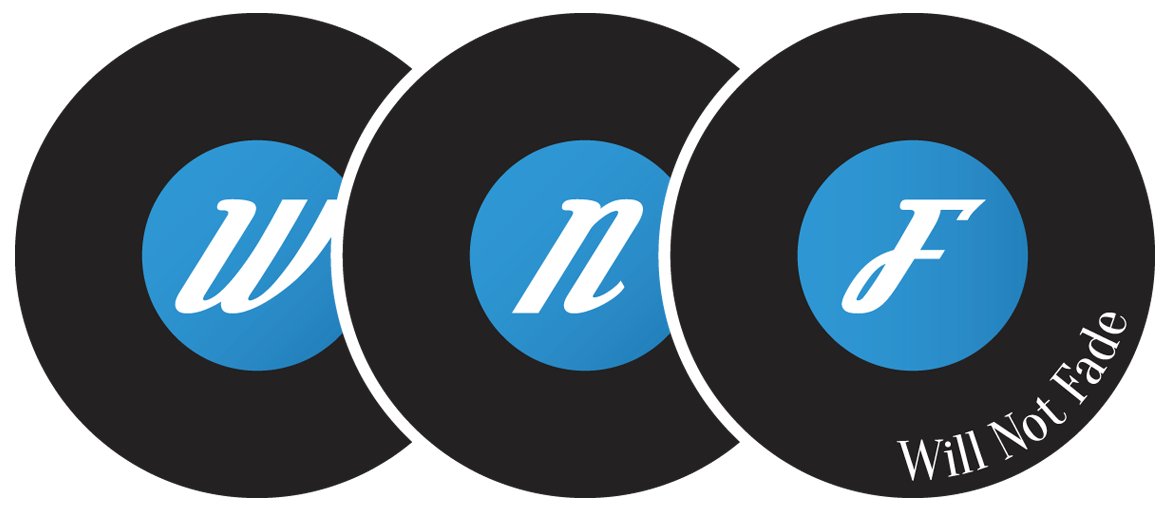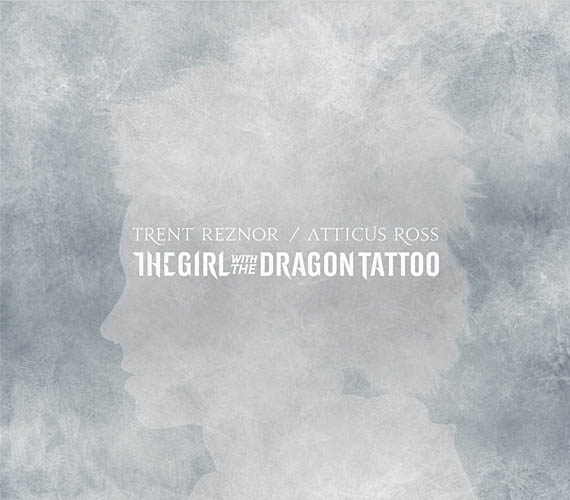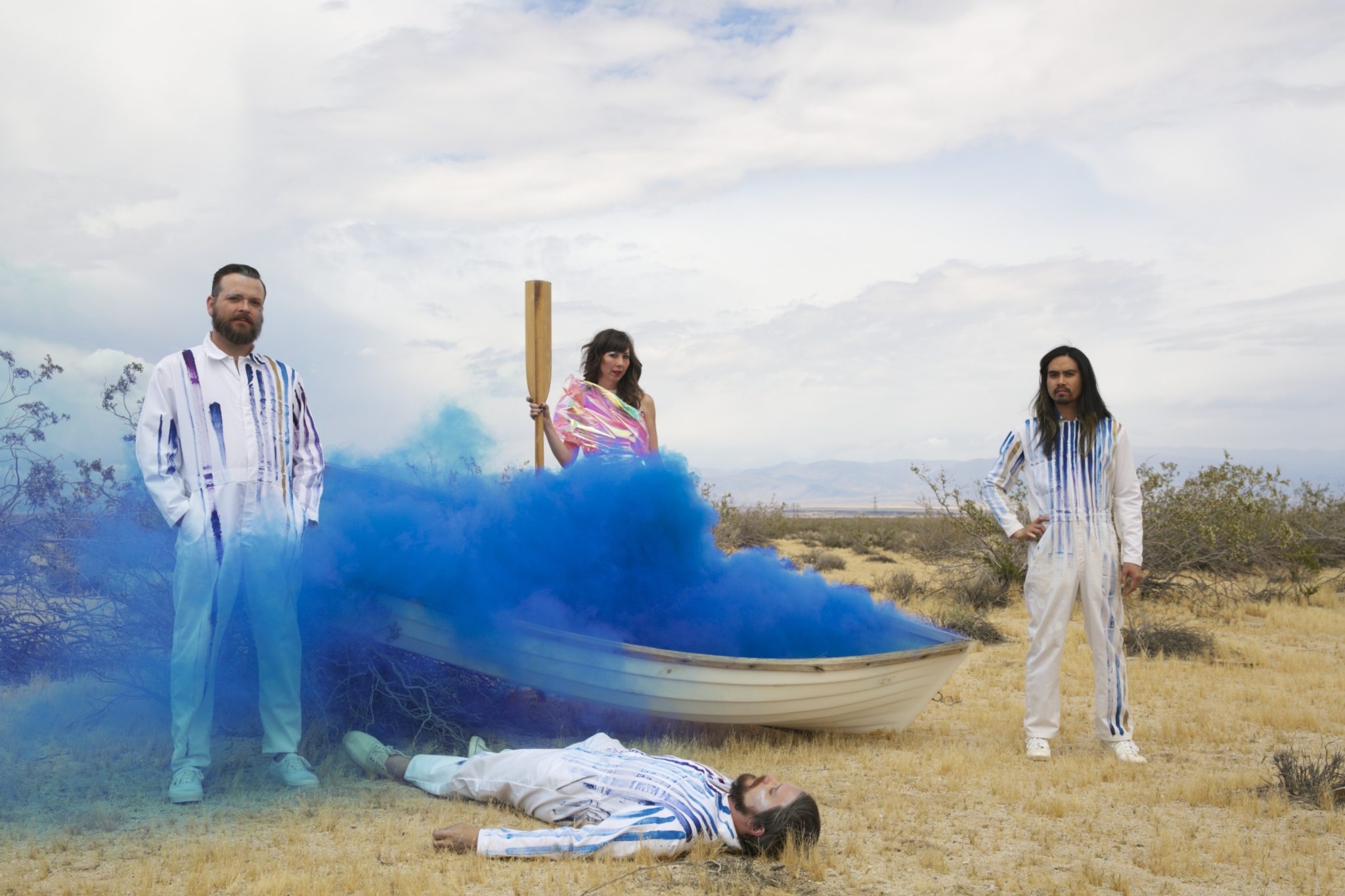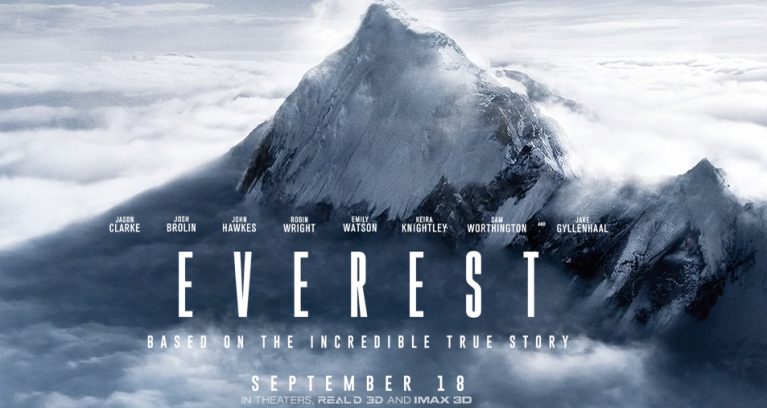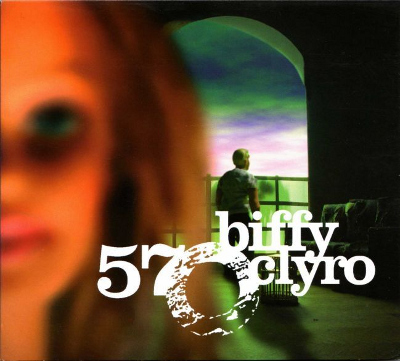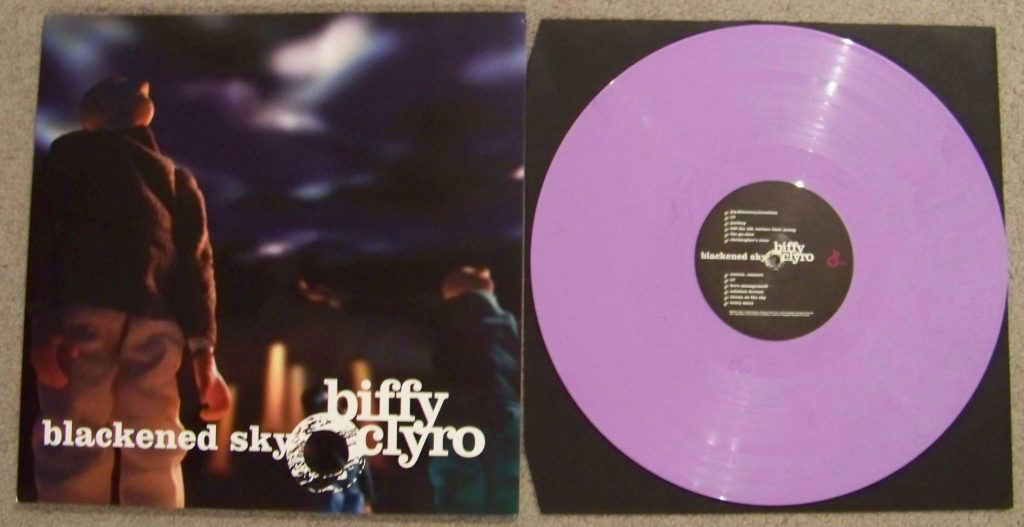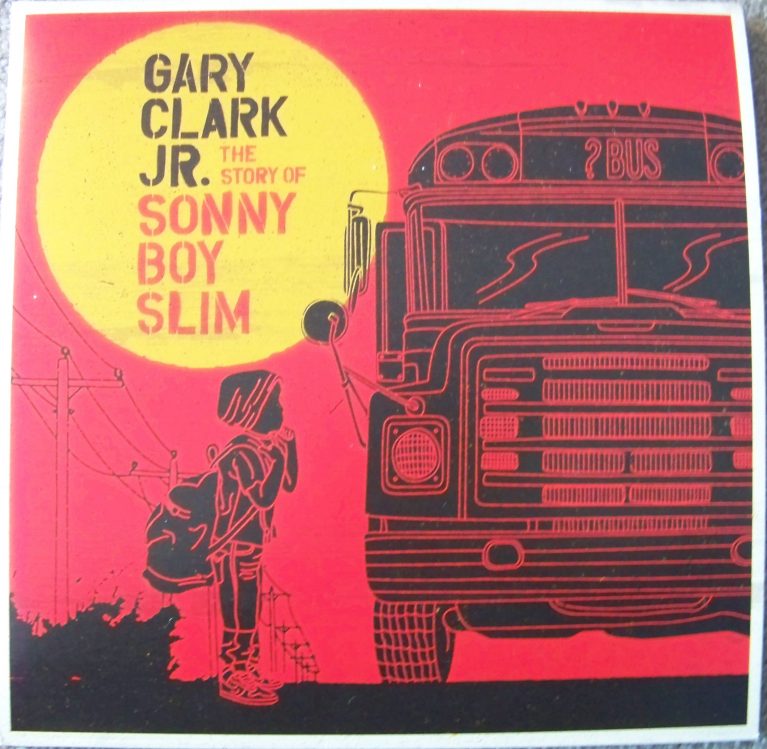Buried Treasure is a semi-regular feature that explores some hidden musical gems – the rare and forgotten B-sides, covers, hidden tracks, live versions and alternative takes that deserve some recognition.
I met Trent Reznor last year.
It was the day after the Nine Inch Nails/Queens of the Stoneage double bill. I was sitting in the departure lounge at Christchurch Airport waiting for my flight back to Wellington. A child in the same room was making a weird noise that sounded like a whistle crossed with a scream. Of course I looked up to see what the strange sound was.
And then I saw who the kid’s dad was. It was Trent Reznor. There was no way I could mistake it – his face was on all the Nine Inch Nails posters I’d had on my bedroom room as a teenager.
I nervously approached him.
“Uh. Excuse me”.
Trent looked up at me with a steely stare. “Yeah?”
“Are.. are you Trent Reznor?”
“Yeah”.
“Cool…”
He didn’t roll his eyes, but he really should have.
I tried to save myself from looking like too much of a dick. “I was at the show last night. It was awesome.”
Trent looked a bit pissed off. “Thanks. Hey, I’m going to spend some time with my family, OK?” He shook my hand and walked off.
Maybe I shouldn’t have interrupted his family time, but I think I would have regretted it if I had thrown away the chance to meet one of my musical heroes.
Trent Reznor is the gothic poster boy for industrial music. He didn’t start it, but he was responsible for bringing it into the mainstream. Name any angsty alternative-metal from the 90’s onwards and Reznor is likely to be an influence.
In 2009 Reznor announced that NIN were finishing up. He started working on other projects. How To Destroy Angels was one project, fronted by his wife, Mariqueen Maandig. And following up from his acclaimed soundtrack to the video game Quake, Reznor co-wrote the scores to some David Fincher films along with Atticus Ross: The Social Network, The Girl With The Dragon Tattoo, and Gone Girl.
The Buried Treasure track I’m writing about today is ‘Is Your Love Strong Enough?’ by How To Destroy Angels, from The Girl With The Dragon Tattoo soundtrack.
I’ve never even watched TGWTDT – I didn’t expect the English speaking remake to be any better than the original. But I did buy the soundtrack, because I liked the work Reznor did on The Social Network. The music is eerie and unsettling – suiting the mood of a David Finch film. It’s not something I listen to often – it’s three albums worth of creepy background music – except for two songs. One is a cover of Led Zepplin’s ‘Immigrant Song’, featuring Karen O from The Yeah Yeah Yeahs, the other is a Bryan Ferry cover by HTDA.
The cover is ethereal like the original, but with less of a 80’s power ballad feel. This automatically makes the cover an improvement. Maandig’s vocals are the highlight of the song – strong and haunting. Reznor also adds some backing vocals to the mix. Both have powerful voices and they contrast nicely. The song is brooding and builds up slowly. The glitchy electronic sounds are inevitable when you consider the artists’ industrial backgrounds, and the blips and beeps add colour to otherwise stark reverberating keyboards.
I read that Maandig came and sang some HTDA songs during the NIN set in Auckland on the same tour I went to. I wish that she’d done the same in Christchurch.
Joseph James
